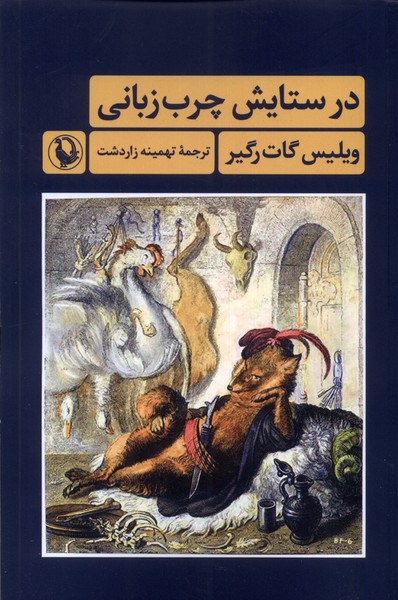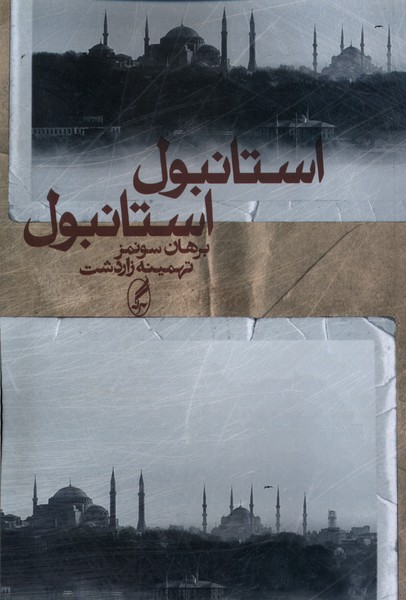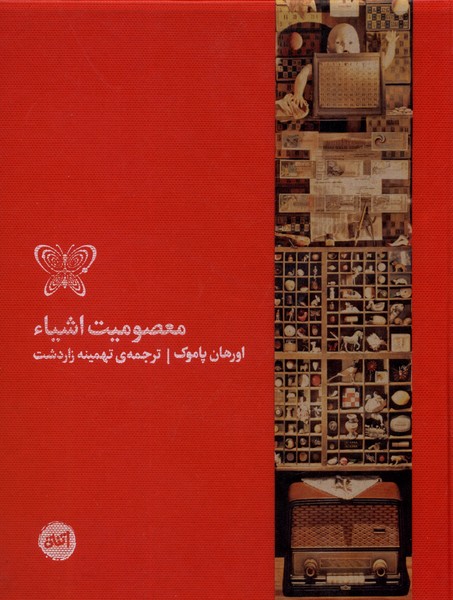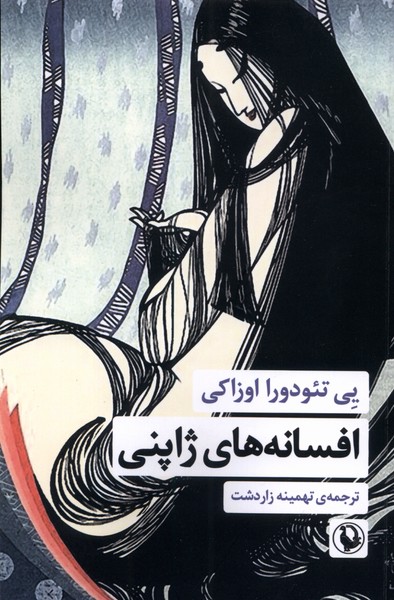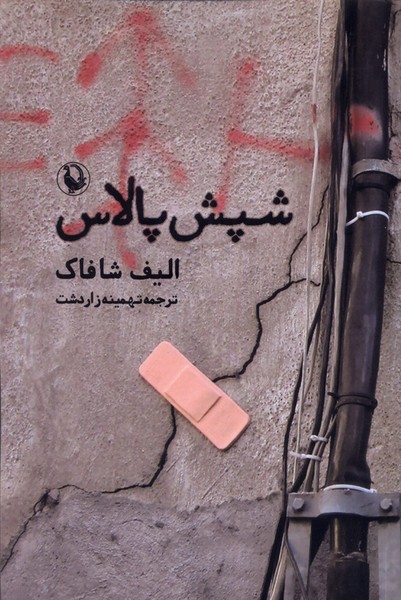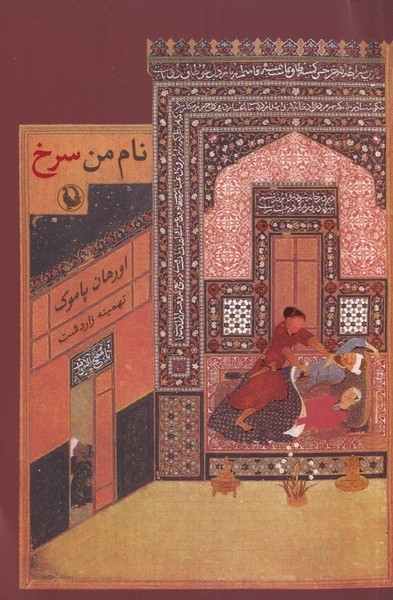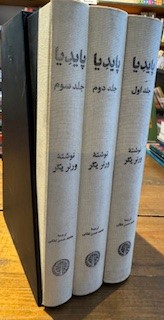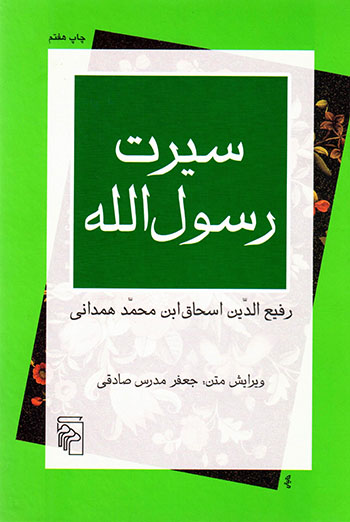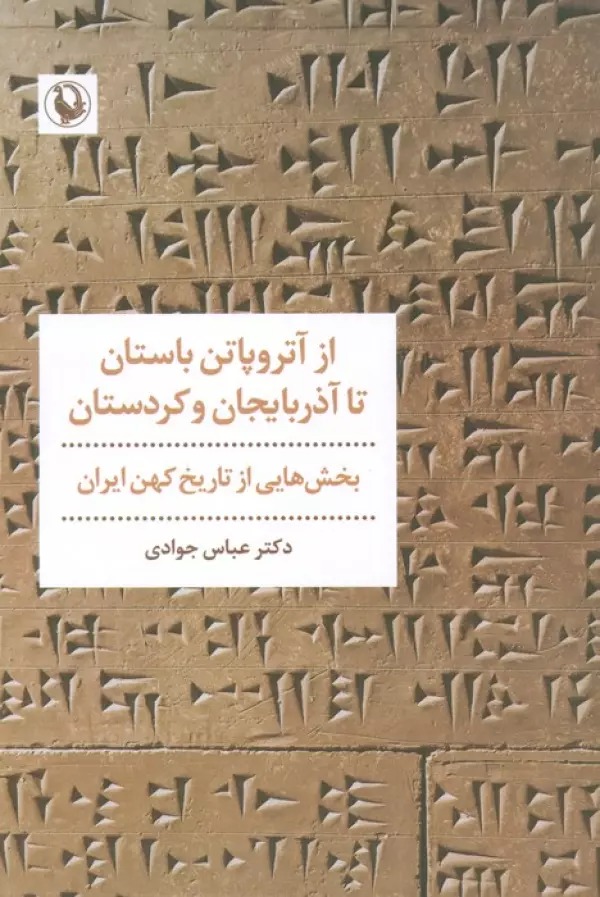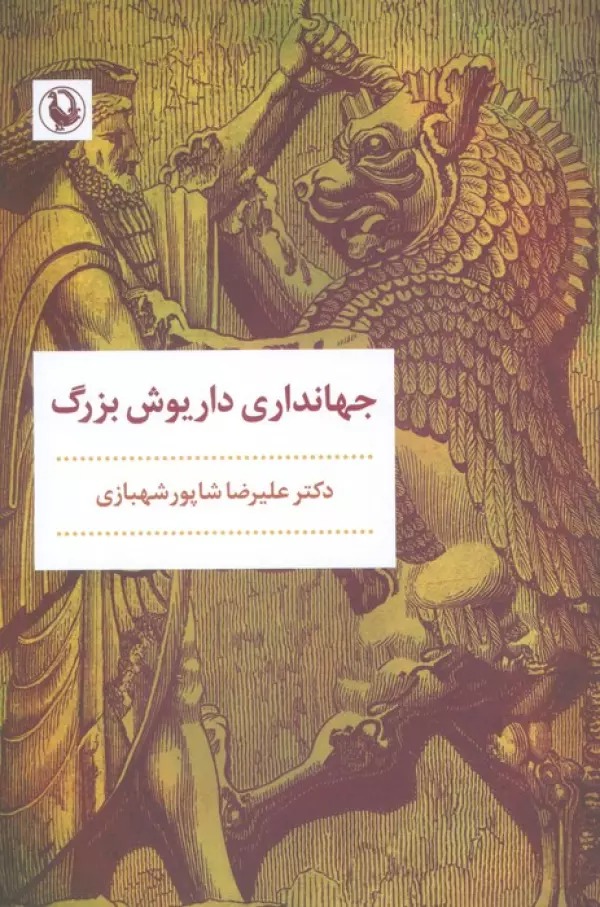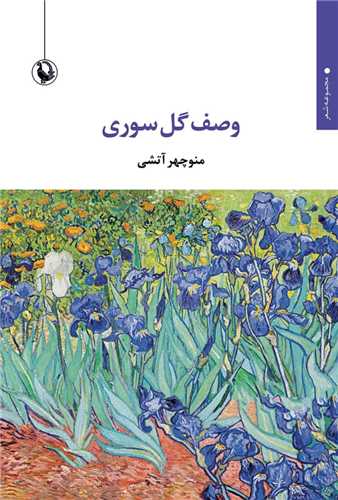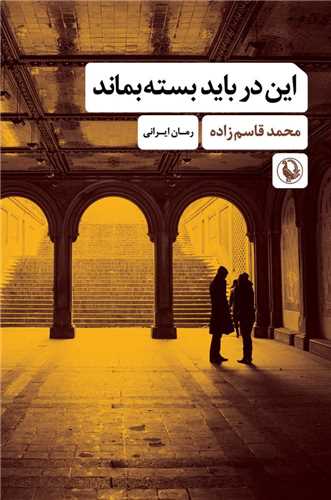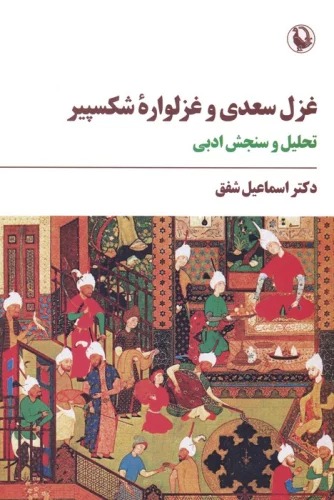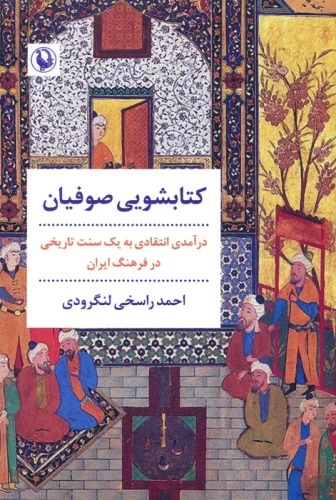در ستایش چرب زبانی فارسی 1402
Dar sitāyish-i Charb'zabānī
20٫93 $
اشتراکگذاری
Wishlist
عنوان اصلی:
In Praise of Flattery
شابک:
9786223240713
مترجم:
Tahmīnah Zārdasht
ناشر:
Murvarid
گروه سنی:
بزرگسال
صفحات:
190
وزن:
192 g
ابعاد:
14 x 21 x 1٫7 cm
جلد کتاب:
شومیز
Where would we be without flattery? Hobbes deemed it an honorable duty and Meredith called it the “finest of the arts.” Alexander the Great applied it as imperial policy; Caesar and Cleopatra were masters of it; and Napoleon devoured it like candy. But flattery also has influential enemies. Cicero called flattery “the handmaid of vice” and Tacitus compared it to poison.
In a work as erudite as it is entertaining, Willis Goth Regier looks into flattery as an element as flammable (and as taken for granted) as oxygen. Giving flattery light, attention, and care, Regier treats readers to hundreds of historical examples drawn from the highest social circles in politics, romance, and religion, from the courts of Byzantium and China to Paris, Rome, and Washington, DC.
Because flattery must please, it is playful and creative, and Regier’s book makes the most of it, moving with light steps, now and then pausing to take in the view. Ambitious flatterers even seek to flatter God, a practice Regier treats with trepidation. This is a book for those who would understand the history, tactics, and pleasures of flattery, not least the thrill of danger.
“O, flatter me, for love delights in praises.”—Shakespeare
“The whole World and the Business of it, is Managed by Flattery and Paradox; the one sets up False Gods, and the other maintains them.”—Sir Roger L’Estrange
“Just praise is only a debt, but flattery is a present.”—Samuel Johnson
“In this disorganized society, in which the passions of the people are the sole real force, authority belongs to the party that understands how to flatter.”—Hippolyte Taine
more
بدون چرب زبانی کجا خواهیم بود؟ هابز آن را وظیفه ای شرافتمندانه می دانست و مردیت آن را «بهترین هنرها» نامید. اسکندر مقدونی آن را به عنوان سیاست امپراتوریاش به کار برد. سزار و کلئوپاترا در آن استاد بودند. و ناپلئون آن را مانند آب نبات بلعید. اما چرب زبانی دشمنان تاثیرگذاری هم دارد. سیسرو چاپلوسی را «کنیز شرارت» نامید و تاسیتوس آن را با سم مقایسه کرد. ویلیس گات رگیر در کتابی که به همان اندازه که سرگرمکننده است، چاپلوسی را عنصری قابل اشتعال مانند اکسیژن میداند. رگیر خوانندگان را با صدها نمونه تاریخی برگرفته از بالاترین محافل اجتماعی در سیاست، داستان های عاشقانه و مذهب، از دادگاههای بیزانس و چین گرفته تا پاریس، رم، و واشنگتن دی سی، آشنا میکند. کتاب در ستایش چرب زبانی رگیر با گامهای سبک حرکت میکند و هرازگاهی برای تماشای منظره مکث میکند. چرب زبانان جاه طلب حتی به دنبال چاپلوسی از خدا هستند، عملی که رگیر با ترس رفتار می کند. در ستایش چرب زبانی کتابی است برای کسانی که تاریخ، تاکتیکها و لذتهای چرب زبانی و حتی هیجان خطر را درک میکنند.
more

